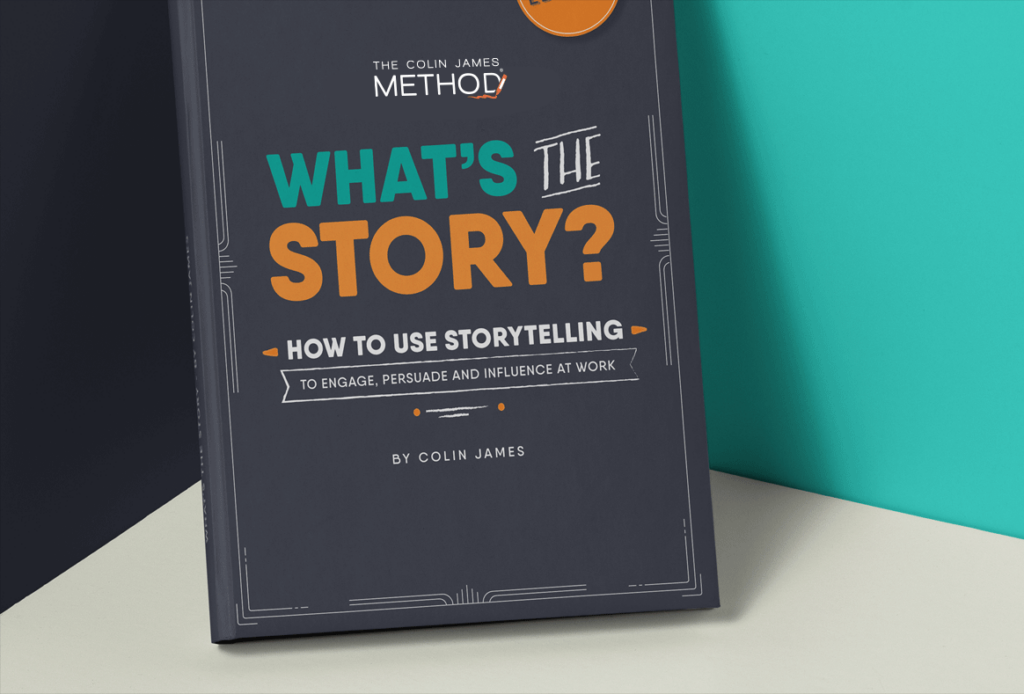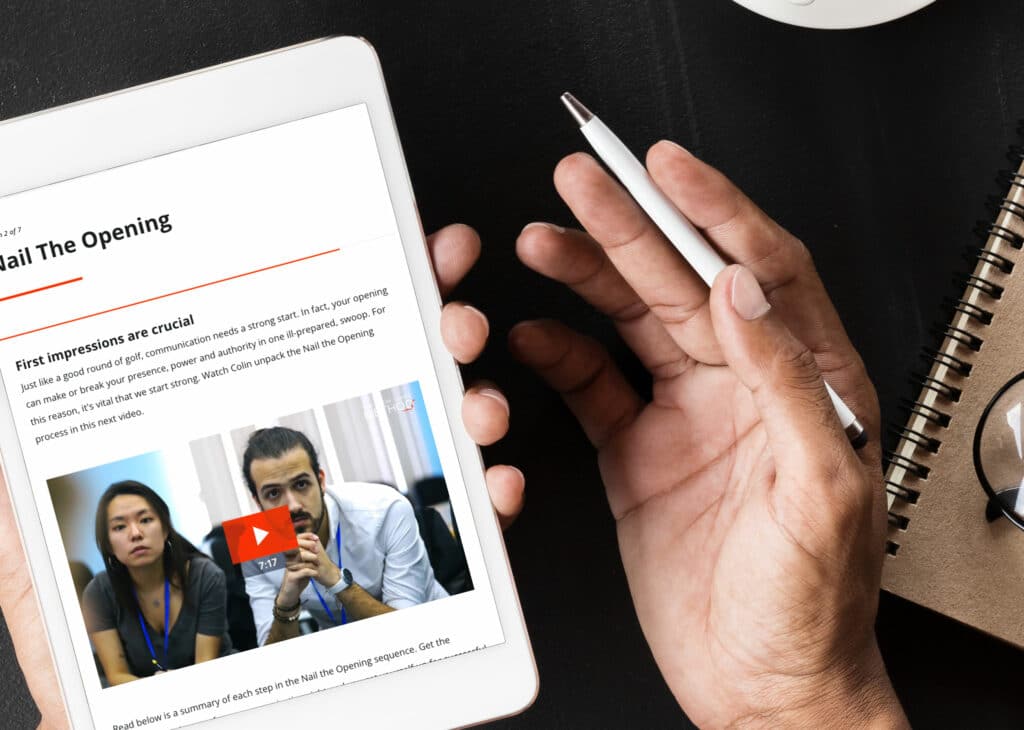Today’s executive works in a high-pressure global climate. To be successful and stay ahead of the game, they must respond intelligently to an increasing number of complex priorities, manage a growing volume of information and develop both as a leader and as a person. That’s a tall order.
No wonder many executives are facing burnout, stress-induced illnesses, and spending more time at work and less time with their families.
But what if you could tap into the one core skill that could help you improve your energy levels, your leadership capacity and deepen your interpersonal skills, as well as achieve a much greater sense of personal well-being?
The core skill we’re talking about here is – building resilience.
Why do leaders need resilience?
The importance of resilience in strong leaders is often overlooked, but it is equally as important as business acumen and technological knowledge in your area. Being psychologically strong can help you to bounce back from adversity and perform better under pressure. It also keeps productivity rates high and performance strong.
By increasing the resilience levels in your company culture, you and your team can work together to deal with, and overcome, high pressure or stressful situations that may occur. Situations such as redundancies, changes in team structure, losing an established client to a competitor, meetings with high profile clients, or simply having an unmanageable workload are dealt with easily when the stress is taken out of the decision making process.
People who are resilient don’t crumble under pressure, they get creative and looks for solutions.
But resilience isn’t something you can just wake up with one day. Like going to the gym to get a decent set of abs, it takes consistency and practice to build this kind of particular mental muscle.
We look at 3 key components required to build resilience and agility as a leader, so you can effectively:
- Communicate – improve your ability to engage with people and get results
- Delegate – increase personal time / reduce fatigue & burnout
- Perform – deal with stressful or high-pressure situations in the workplace.
1. Improve your communication skills
Learning how to be a strong communicator is an important part of building resilience. Communication allows you to engage with people, not only your team and other staff members, but it allows you to deliver your message in a compelling way to other managers and clients. Vital when you are faced with an immediate challenge and your emotional reserves are low.
Communication isn’t just a verbal skill either, a great leader must be able to connect with people through various mediums. It is a core skill of a resilient leader because it enables you to solve communication breakdowns, empower and motivate your team and increase staff productivity.
Communication benefits – increase team productivity, higher staff retention rates, create and deepen relationships, improve decision-making.
2. Learn to delegate your workload
Being a resilient leader is not about loading yourself up with work and being so busy that you need to work weekends. In fact, it’s quite the opposite. Good leaders know how to delegate their workload and say no to work that isn’t central to their team’s core objectives.
Saying no is easy to do in theory but it can be difficult to put into practice. But by making a consistent effort to delegate and be clear about delivery timeframes if your team does take on extra work, you will stay ahead of the game and improve your work-life balance.
Delegation benefits – create a manageable workload, better work-life balance, stress management to reduce fatigue and burnout.
3. Learn to perform under pressure
Resilient people respond well to high-pressure situations and see them as a chance to prove their worth. They essentially rise to the challenge. However, if you don’t have resilience you may find yourself feeling threatened, being unable to focus and make decisions, and you will crumble under the pressure.
Fear of failure or of making a bad decision can hinder your ability to create memorable change within your workforce. Being resilient means learning more self-awareness of how you behave under pressure and allows you to focus your brainpower on the task at hand.
Performance benefits – conquer feelings of anxiety and self-doubt, deal with emotions better, banish negative self-talk.
Final thoughts
With these three key components of resilience management, you’ll have the leadership tools you need for greater confidence, emotional intelligence, and stress management.
Want to kick-start your resilience training? Order the Lizard Management Strategy System for practical strategies to quickly and easily master confidence – an essential leadership skill to boost your resilience, and really get the results you need to add value to your workforce.

The Colin James Method® Facilitators train corporate executives to improve their leadership skills with a proven methodology. Our highly trained Facilitators and Coaches are recognised for their experience in their fields and have worked with many individuals and organisations around the world to master the art of communication.










